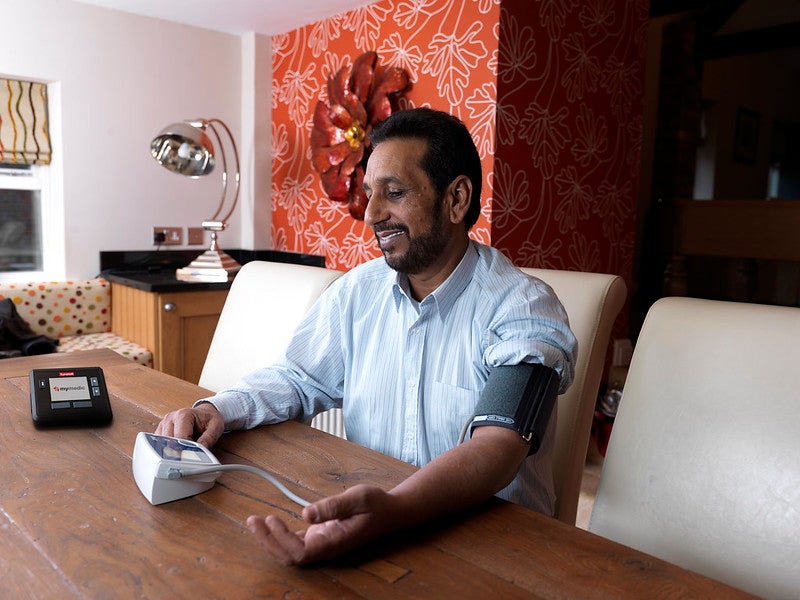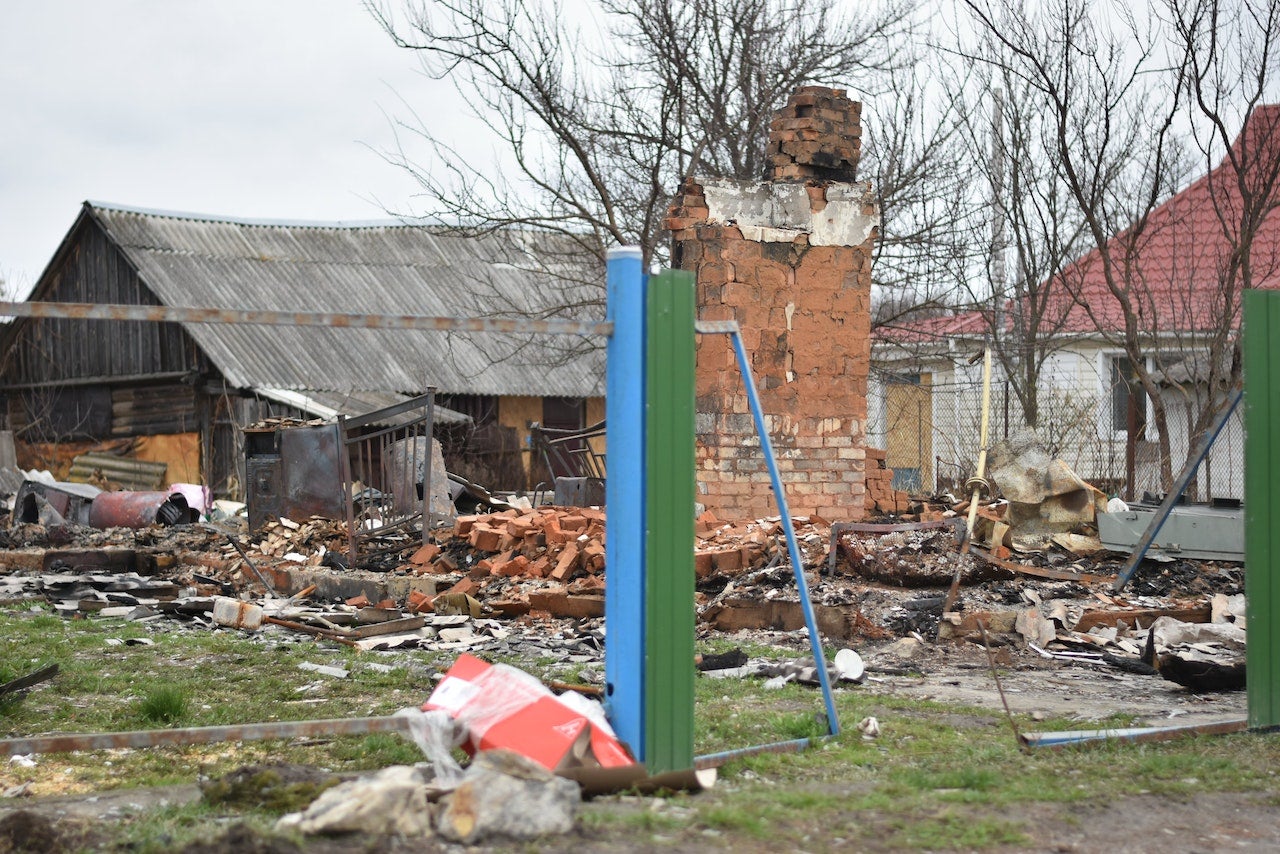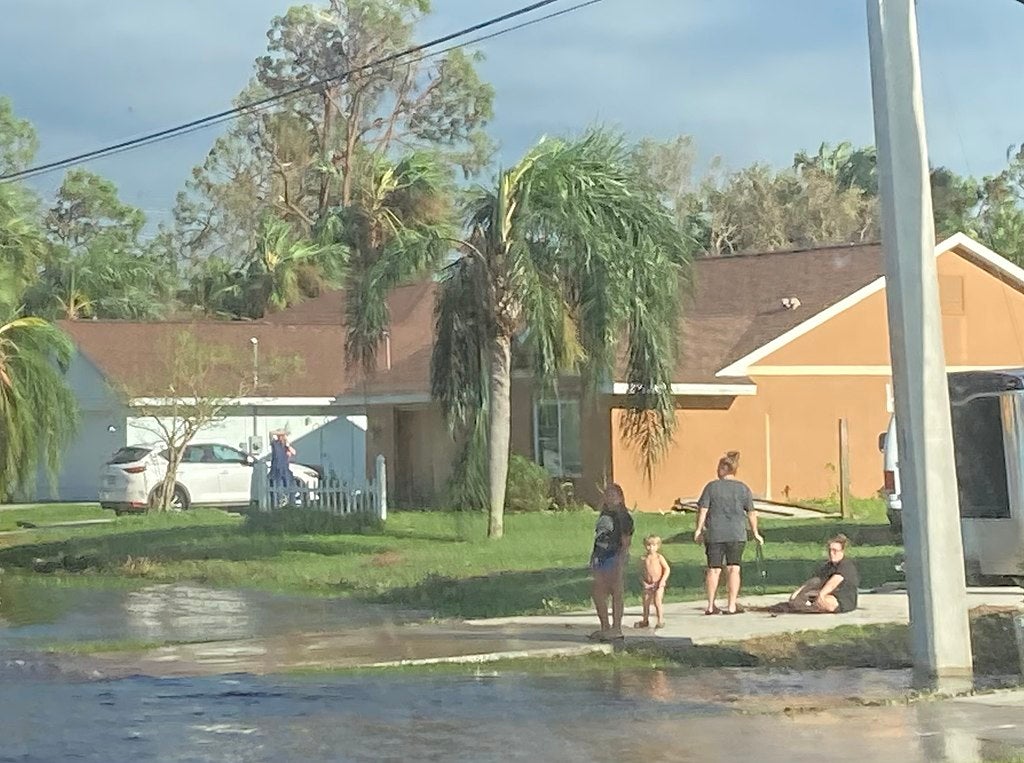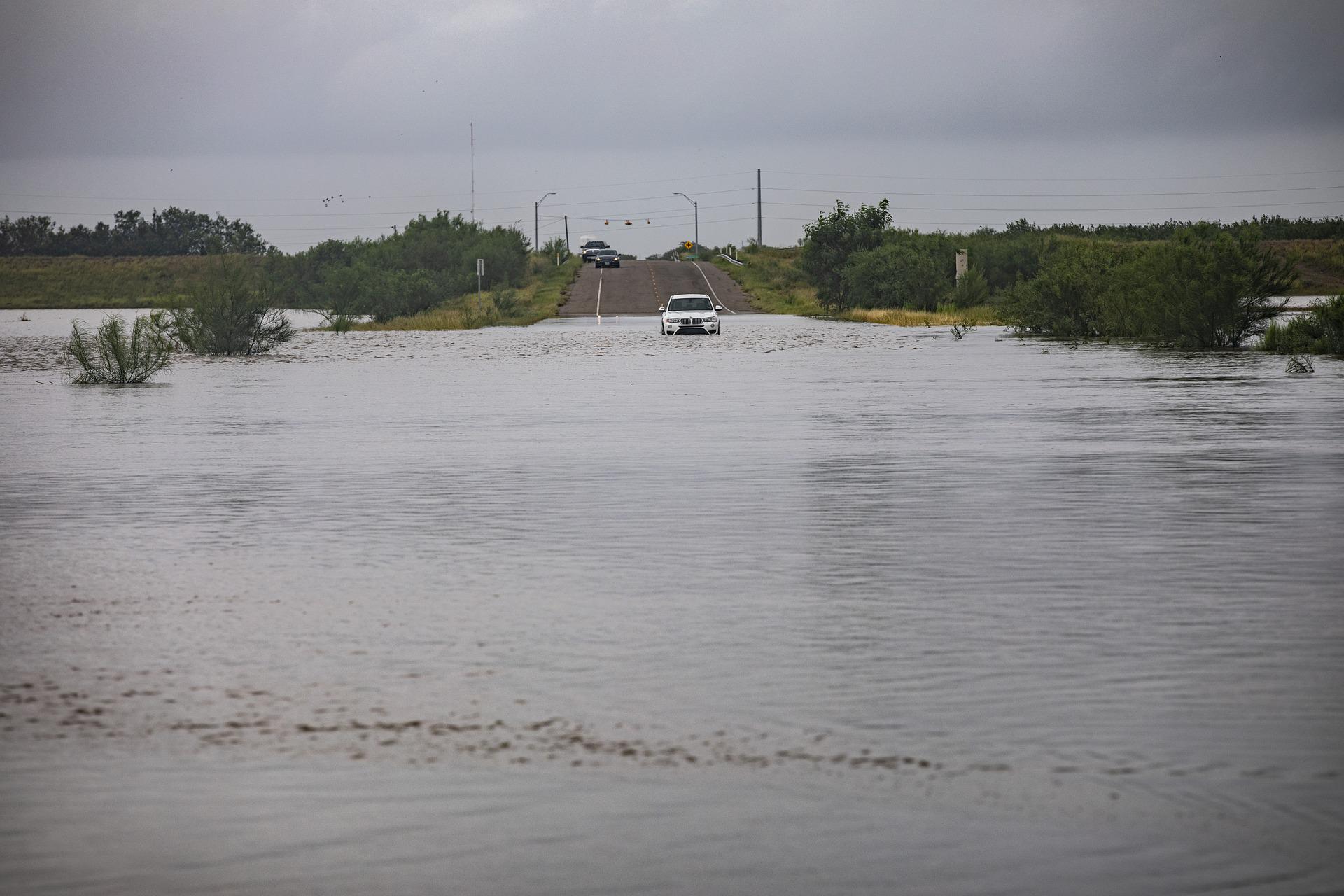Climate change increasingly threatens the U.S. health care system’s ability to deliver safe, effective, and efficient care to the American people. In a new article for the first-ever Health Affairs issue focused exclusively on the intersection of climate and health, our Yerby Fellow Dr. Renee Salas, lead author, and Interim Director Dr. Aaron Bernstein outline specific recommendations for achieving climate action through health policy and decision making.
Their recommendations, primarily for the U.S. Department of Health and Human Services, can serve as a guide for creating a more resilient and equitable health care system that is better prepared to meet the needs of patients today and in the future.
The authors, who lead our Climate MD program, note that with better evidence, governance, and funding, policymakers and health care stakeholders can improve population health and health care’s operational and financial resilience to climate change.
Improve our data-driven response to climate
- Identify the most vulnerable people in terms of health outcomes, access to care, and modifiable risk factors for intervention.
- Evaluate public health interventions to determine their efficacy and areas for improvement.
Increase national surveillance for climate-related health risks
- Establish and fund national real-time surveillance of climate-related health risks.
- Link public health and health care data sources to create real-time notifications for public health departments, providers, and patients for emerging or intensified climate-sensitive diseases.
- Develop real-time monitoring of climate-related infections to aid clinicians and increase public awareness of these threats.
Improve transfer of patient data information
- Improve shortcomings in medical care that commonly arise when climate-sensitive disasters strike, especially around the transfer of patients between institutions.
- Create a concise, standardized, easy-to-read, and accurate summary of key points of a patient’s history, current medications, and test results would benefit safe and effective care regardless of the circumstances of transfer.
Improve health care resilience coordination planning
- Create a national strategic climate preparedness plan to bolster the actions of resource-limited local public health departments to more effectively mount responses to climate change–imposed health risks.
Decarbonize our health system
- Decarbonize health care through low carbon or net-zero emission buildings, zero-carbon electricity, energy efficiency, and renewable power purchase agreements.
Improve resiliency of infrastructures and supply chains
- Use local assessments of climate vulnerabilities to optimize hospital planning for climate-resilient health care systems (for example, infrastructure improvements such as generators on the roof).
Create a climate-ready health care workforce
- Ensure health professionals have appropriate knowledge of climate change, and the health care workforce is adaptable to meet the dynamic challenges that climate change poses to health care.
- Research how climate change will affect the overall number of physicians required, the proportion within each specialty, and the necessary geographic distribution will allow for better health care workforce training and recruitment.
- In clinical training, place a greater emphasis on having the breadth of skills to allow for better adaptability of practice around disasters. Practitioners will also need to be aware of how climate change may influence their ability to deliver care, from disaster-related mental health impacts to extreme heat exposure.
- Research the clinical care implications of climate risks and establish core climate change knowledge for each medical discipline.
Improve measures by payers to decrease climate risks
- Medicare and Medicaid can promote interventions that mitigate climate and health risks by applying a climate lens to their efforts around clinical quality and the expansion of health-related social needs such as housing and utilities.
Incentivize payers to decarbonize
- Payers could incentivize lower carbon use in health care through financial incentives or integration into pay-for-performance models.
Other authors include Tynan H. Friend, Research Assistant at Harvard Chan School, and Ashish K. Jha, Dean of the Brown University School of Public Health.

















